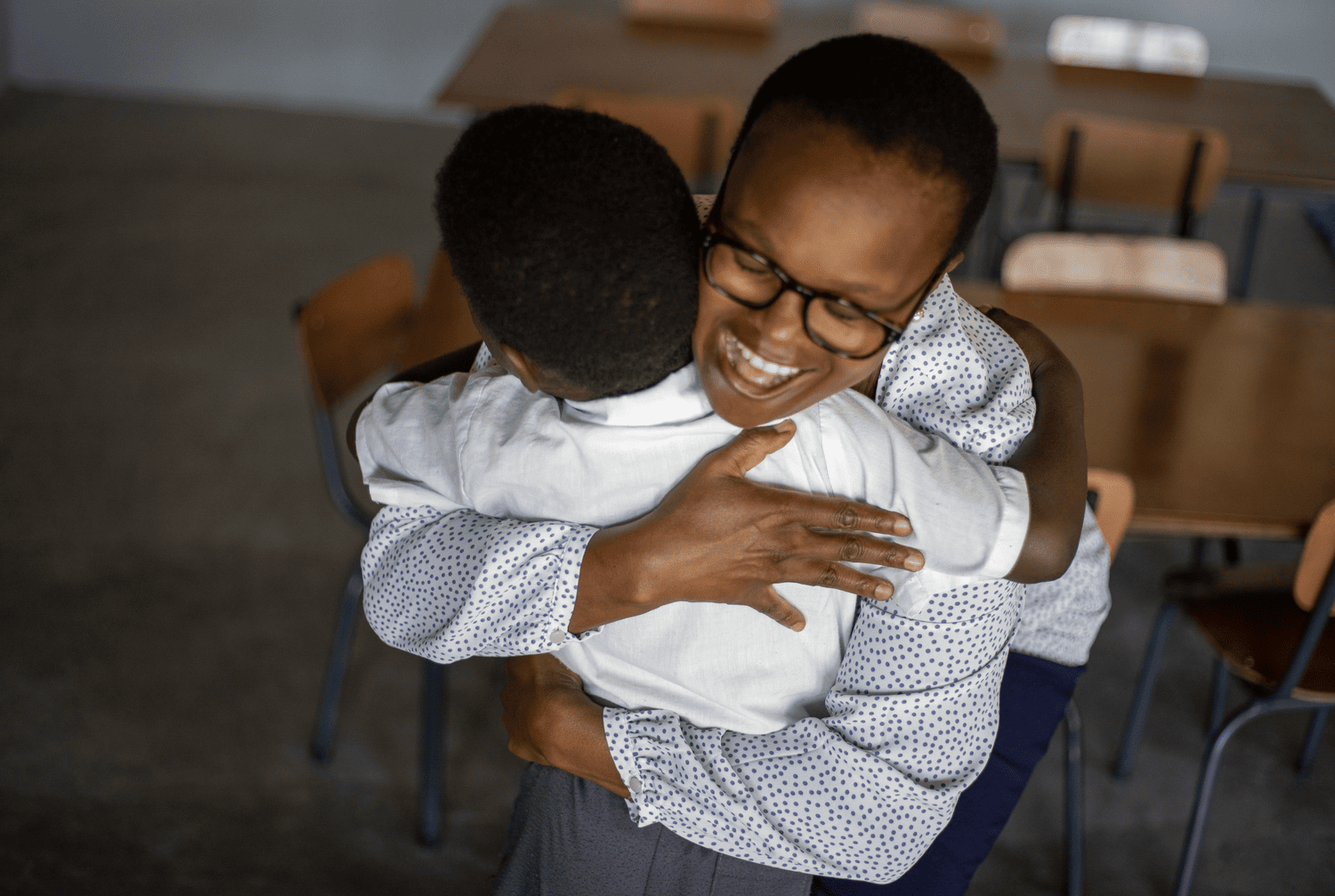
The 2023 Adventist Laymen’s Services and Industries (ASi) Convention in Kansas City, Missouri, United States in early August included reports from ministries led by Seventh-day Adventist lay members. Many of these ministries, usually funded by private donations and contributions, have found ways of providing much-needed services to underserved populations near their base in North America but also on other continents.
The programs on August 3 and 4 included interviews of laypeople involved in two ministries dedicated to supporting children and teens in two different regions in Africa. Here is what they are doing to make a tangible difference in other people’s lives.
Hope for Rwandan Refugees
Impact Hope is a nonprofit organization that empowers young refugees by educating them into self-sufficiency at safe Christian boarding schools. The ministry’s stated mission is “to support refugee youth in Rwanda by empowering them through Christian education and life-skills training.”
Hans and Mindy Thygeson, co-founders of Impact Hope, heard about refugees living in Rwanda in 2015. They discovered those refugees had been living in the camps for more than 20 years after the 100 days of bloody genocide in 1994.
They learned something else that struck them to the core. The areas of the Democratic Republic of the Congo where persecution was most rampant are predominantly Christian. They couldn’t sit idly by, knowing that 80,000 refugees spread across five camps were facing hopeless conditions.
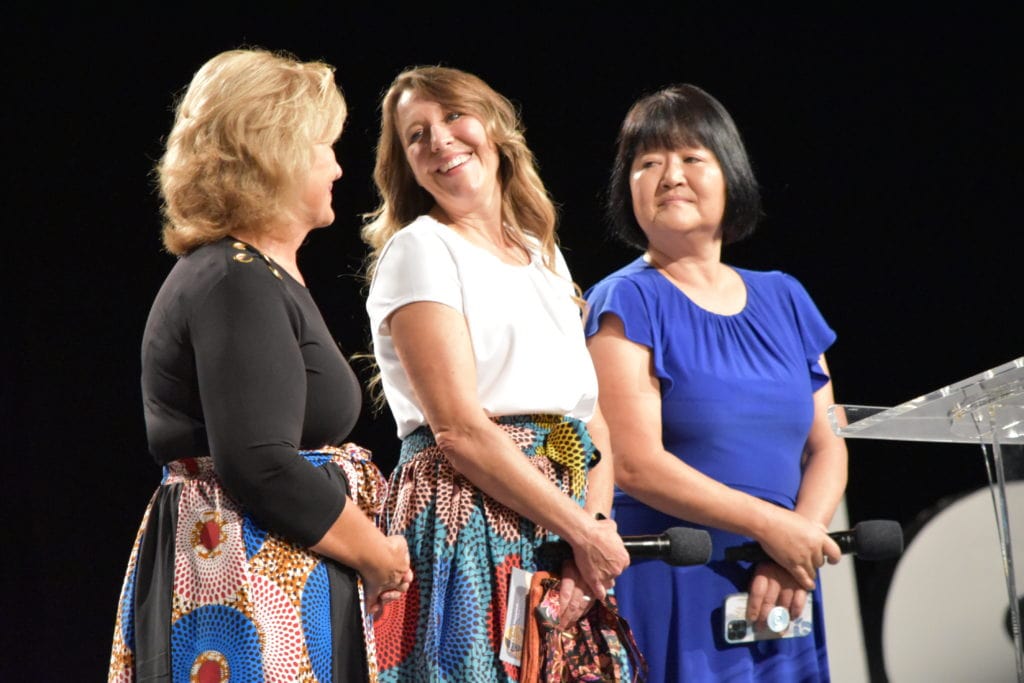
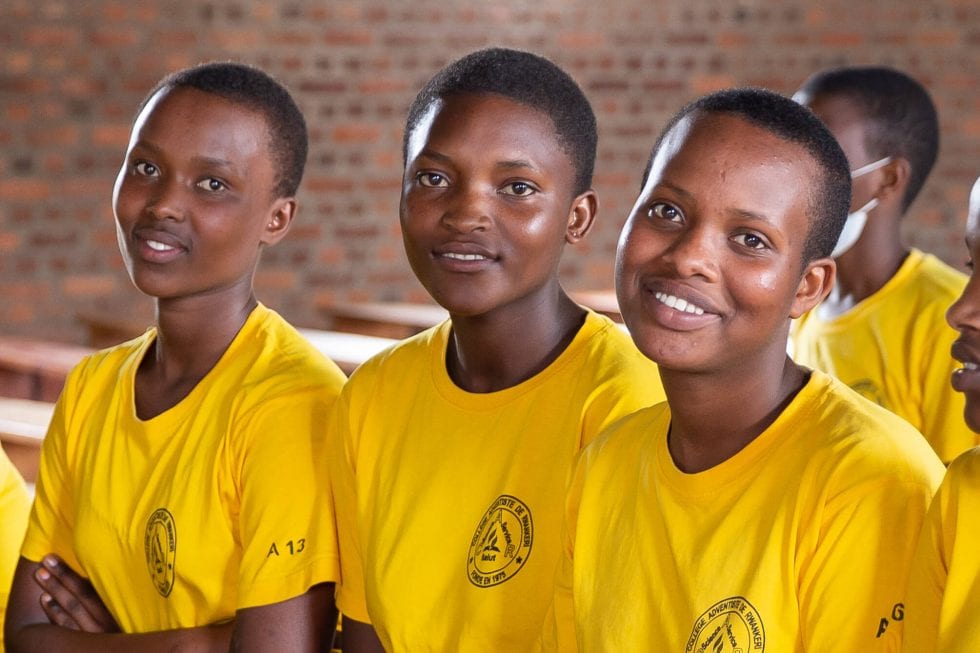
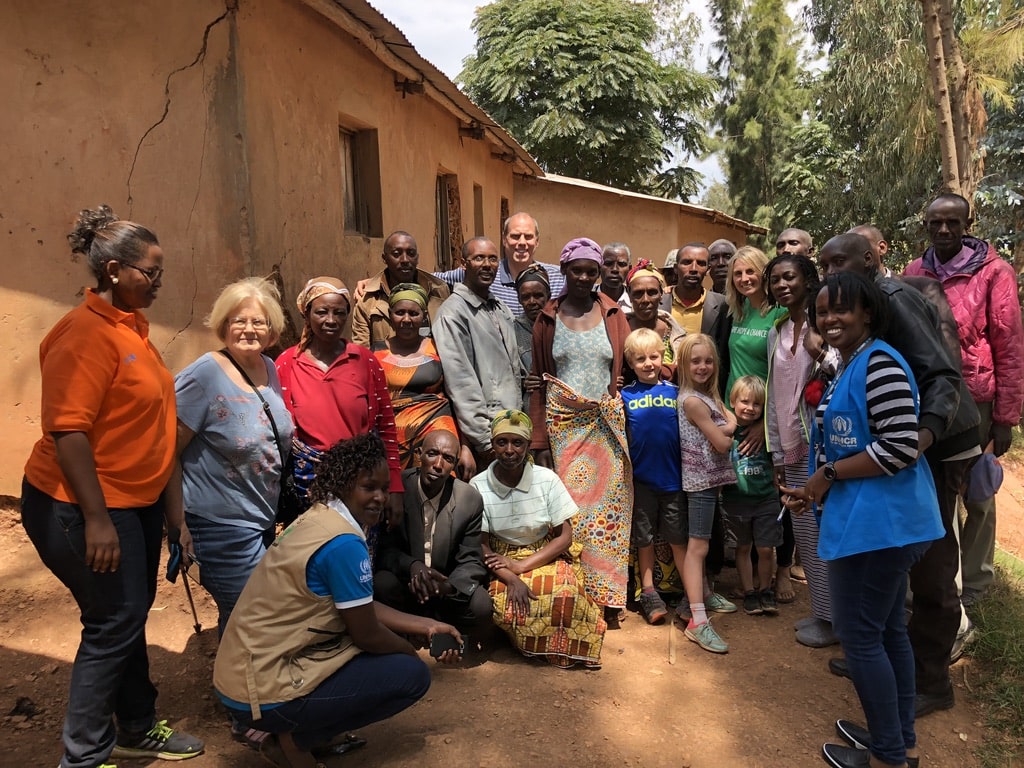
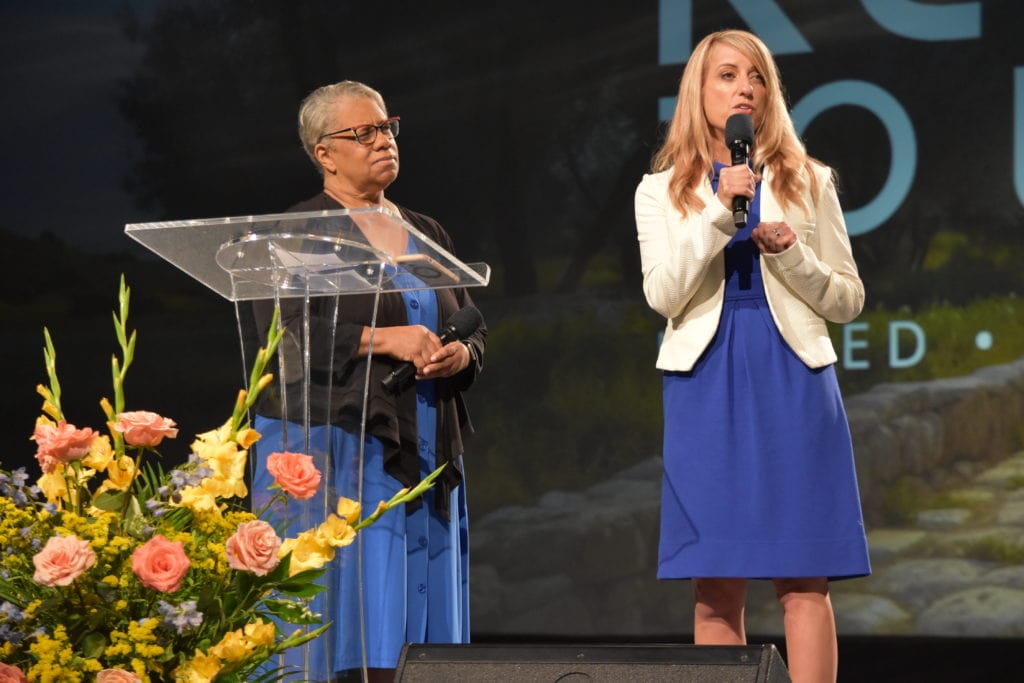
At the ASi convention, board members of the non-profit shared some of daunting challenges that those living in the camps face daily. “The UN [United Nations] provides them with 11 cents a day,” Terri Griebel reported. “It is barely enough to provide one meal per day per person.”
She shared how the Thygesons found out that some in the camp were Adventist church members. “We have to help these Adventists,” they said to each other. “We need to give them hope.”
And so the initiative started, she said, to move as many refugees as possible out of the camp and to send young people to Adventist boarding schools. “At the boarding school they have three meals a day, safety, and education,” she said. “After they graduate from high school, they learn vocational trades, where they can learn tailoring or agriculture, among others.”
Griebel added that many of the kids have lived through very traumatic experiences. “They live with PTSD [post-traumatic stress disorder], many trials.… They are so grateful to be in an Adventist boarding school with three meals a day, learning more about Jesus, and a vocational trade.”
Loving Children
Kuda Vana Partnership was founded in Zimbabwe in 2006 by retired church secretary Paula Leen. Before retiring, Leen enlisted the help of partners in Zimbabwe and around the world who could continue to help meet the needs of orphaned and abandoned children in the area. “Kuda Vana” means “Loving Children” in the local Shona language.
“Partnership” refers to the ministry commitment to partnering with local leaders and like-minded individuals and organizations around the world for the benefit of the most vulnerable children of Zimbabwe.
The statistics are sobering. In Zimbabwe, 27 percent of children under 18 have been orphaned or abandoned by their parents, the ministry reported. Two million children in Zimbabwe are missing one or both parents, and 60 percent of orphans across the world are forced into prostitution after aging out of care.
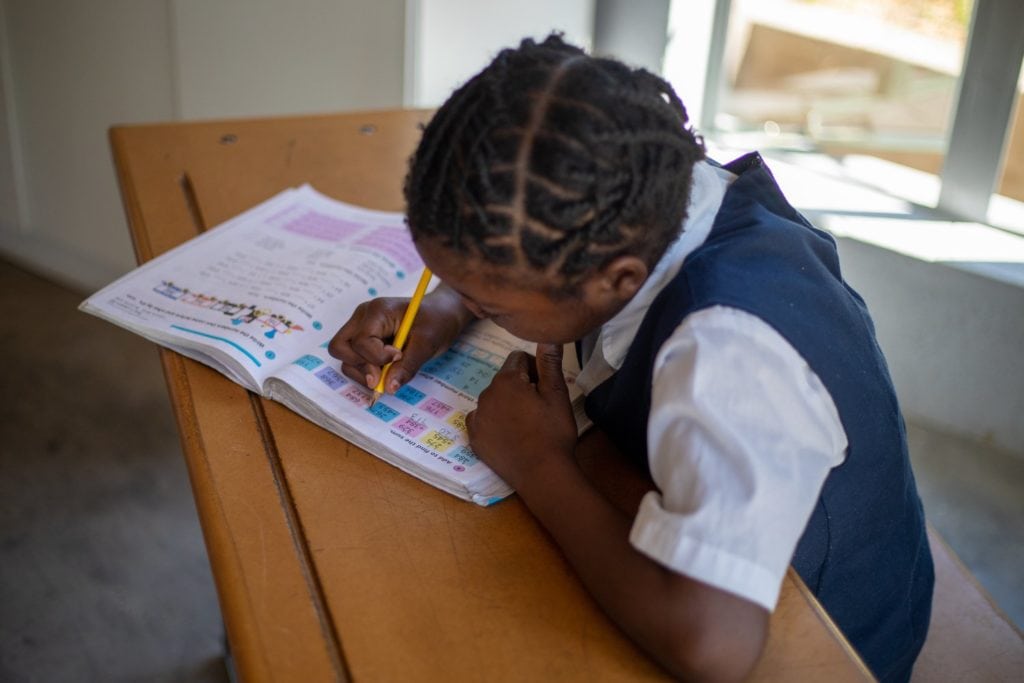
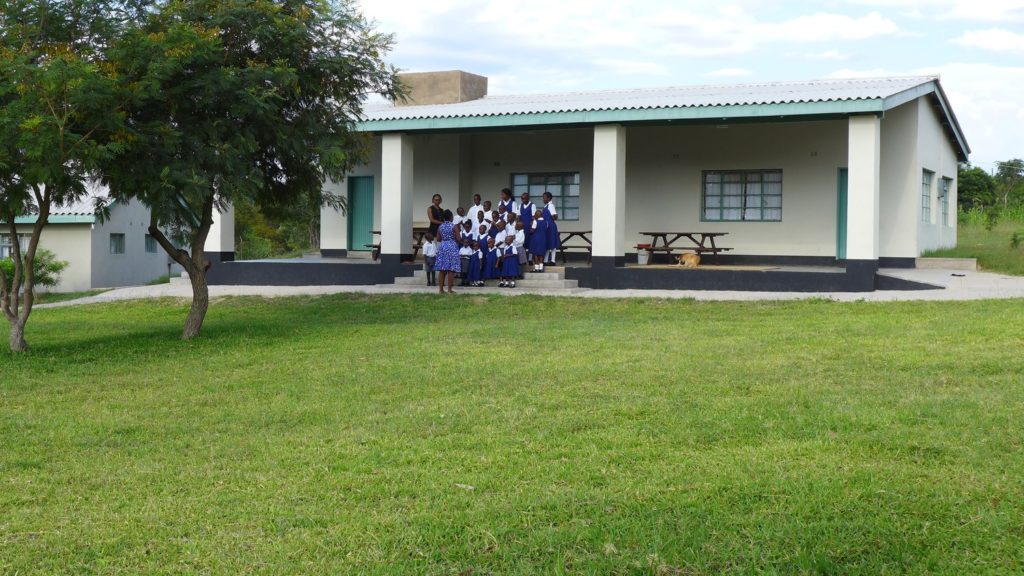
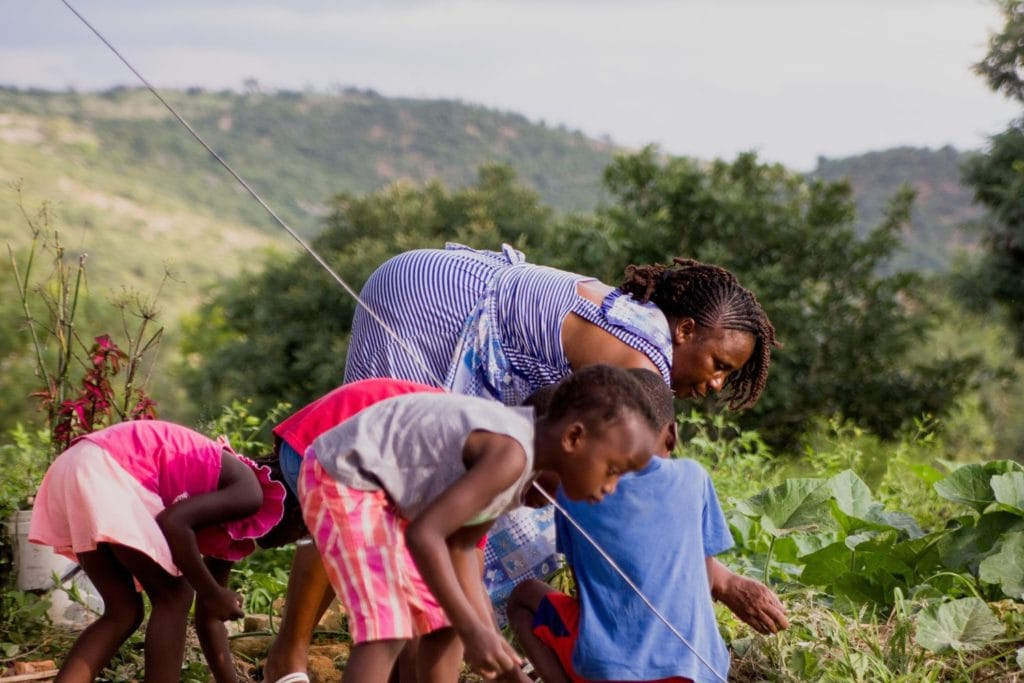
“We are doing what no other organization in that region is doing,” Kuda Vana executive director Tara Petersen shared at the ASi convention on August 4, “by providing wholistic care to orphans and vulnerable children ages 0 to 22, empowering them not just to survive but thrive.”
Petersen explained that they do that in three steps. First is prevention, by supporting vulnerable families and helping those families to stay intact. Second is rescue, by providing family housing for orphans and disadvantaged children ages 0 to 18. The third is a transition program, Petersen explained, that provides “supportive services and tuition for vocational school and university for young adults aged out of our care.”
Kuda Vana Children’s Home is located approximately 30 minutes’ drive outside of Mutare, Zimbabwe. It is adjacent to a permanent and generous water source, allowing the ministry to grow several acres of food, and is equipped with group homes allowing up to 50 children and infants to live in family units with caregivers while the staff work to find them forever families. The ministry also operates an additional Youth Transition Campus located in Buhera, which supports young people ages 18 to 22 in their transition to self-sufficient adulthood.
“Kuda Vana is not your typical orphanage,” the ministry leaders emphasized. “We aim to provide each child placed in our care with more than a safe place of refuge. It is a home providing love, a complete education, and life skills, as well as spiritual and emotional guidance.”
At the same time, they add, “while Kuda Vana’s team provide a wonderful home, we know that residential care is never best for children: being in family is. Thus, we are committed to facilitating safe family reunifications and domestic adoption and foster care.”